Reports and Portfolio Recommendations
Mast Report Week provides a weekly review of financial markets and recently issued reports on the U.S. economy. Topics of current interest and importance are also discussed.
Mast Report Investment Strategy provides a monthly report of financial asset and economic relationships which determine index allocations, addition or reduction.
MAST REPORTS
The Mast Weekly Report provides information, analysis, and advice to investors, investment advisors, investment consultants and financial planners to help them in the management of their investment portfolios. The Report covers topics on financial markets and the economy that are pertinent to how and why markets and the economy perform as they do. Topics discussed are supported with specific and pertinent information and metrics.
Rates of return on the investment portfolios of long-term investors are primarily determined by how assets are allocated among major classes of financial assets. Thus, asset allocation is a major topic covered in the Reports. Mast’s main focus in managing client portfolios is on asset allocation. Our investment process is based on analysis that importantly includes known market information and data that reflect and quantify investors’ expected rates of return for major assets classes. This results in an approach to managing investment portfolios that is intentionally based on and driven by objective analysis and data, as opposed to subjective opinions and forecasts. The objective of Mast Weekly Reports is to provide this information, analysis, and advice to investors, advisors, consultants and planners to help them in the management of their investment portfolios.
Mast Month Reports provide the same information coverage over the preceding month. Mast Special Reports cover analysis of a specific investment management factor or topic.
Mast Special Reports cover topics of quarterly or annual availability: Earnings, Economy, Expectations, Federal Reserve Bank, Funds Competitive Review.
Mast research measures financial asset classes (stocks, bonds, cash) attractiveness compared to past earnings, risk premia, yields and spreads in the asset class. Critically, financial asset classes are compared for relative attractiveness compared to other asset classes, and compared to risk-free benchmarks. These measurements are market-based expected returns which are updated weekly in previous website sections: Mast Reports, Fixed Income Decision Criteria and Equity Decision Criteria. When equity assets are more or less attractive, investors increase or decrease equity allocation.
Indexes are lower risk and higher return equity investments based on historical index returns compared to historical individual-stock actively-managed portfolios. For investors who want to use individual stocks for an equity allocation, Stock Assessments provide a disciplined, replicable and consistent method to rank and to select individual stocks. In order to improve and to protect portfolio performance, it is best practice to add (buy) or to decrease (sell) individual stocks at times identified in our Equity Decision Criteria as most attractive or unattractive for the equities. Identify stocks to buy/hold and to sell/reduce.
Stock Assessments provide relative expected return analysis for 1425 stocks. Relative measurements include risk, ranks, expected one-year and long-term returns, earnings and yield information. Model, industry, sector, capitalization and style factors are available for sorting.
Managing portfolios of individual stocks requires considerable time, effort, and information to be successful. It requires assessing the comparative investment attraction of many stocks to identify those that are attractive for purchase, to monitor portfolio holdings, and to set buy and sell target prices. It is important and necessary to use a sound and well-defined investment approach and process that can be consistently applied across a broad population of stocks.
Stock Assessments was created to accomplish this. The process and approach is driven by two proprietary models - one that focuses in the price behavior of stocks and a second that focuses on stock valuation. Stock Assessments was developed in the late 1990's and has been used primarily by institutional investors since.
To learn more about Stock Assessments, a Stock Assessment Guide is provided below and for download here: Stock Assessment Guide. Stock Assessments is provided in an Excel spreadsheet that is produced and posted on Mast's website weekly, recent editions are posted following the Stock Assessment Guide, below.
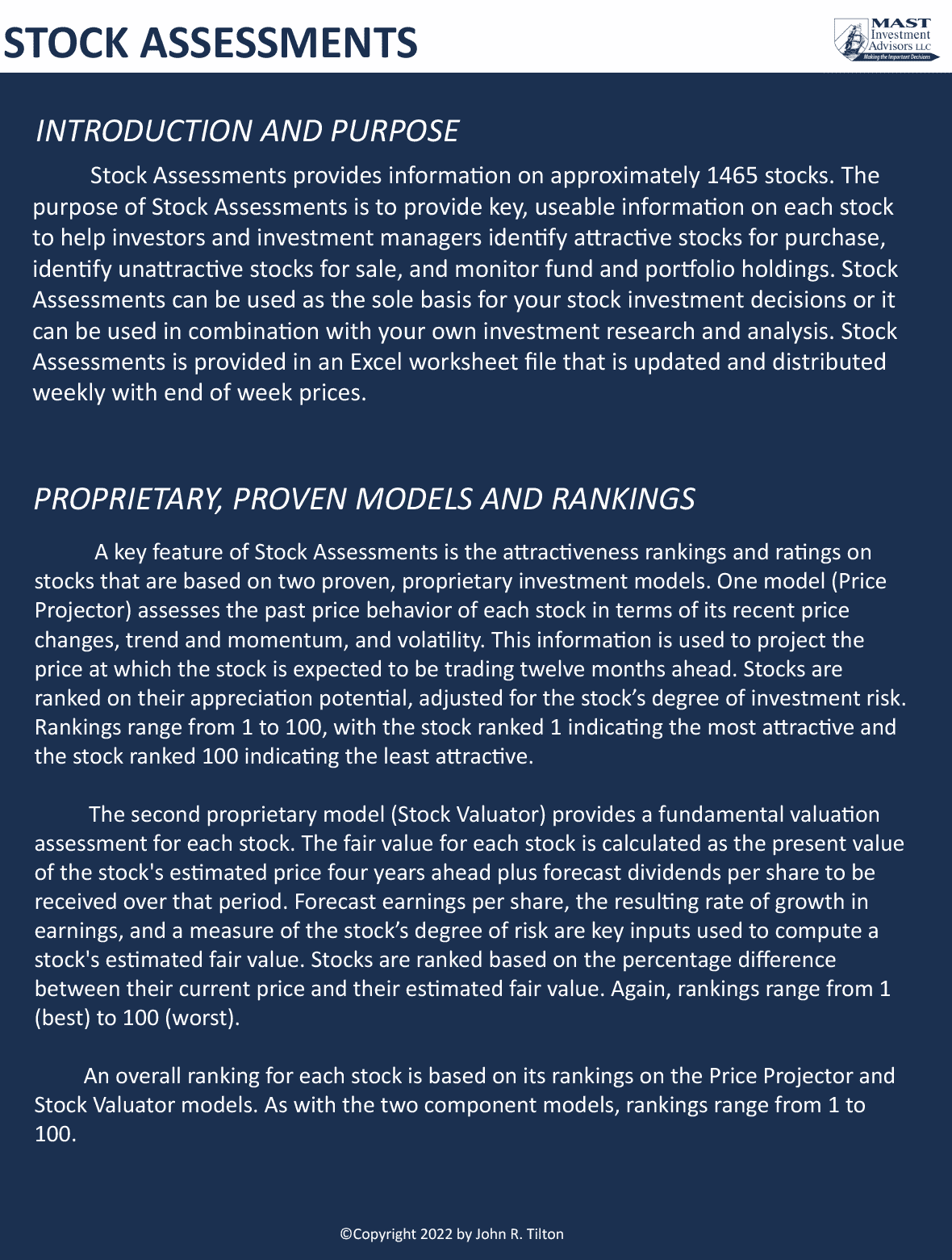
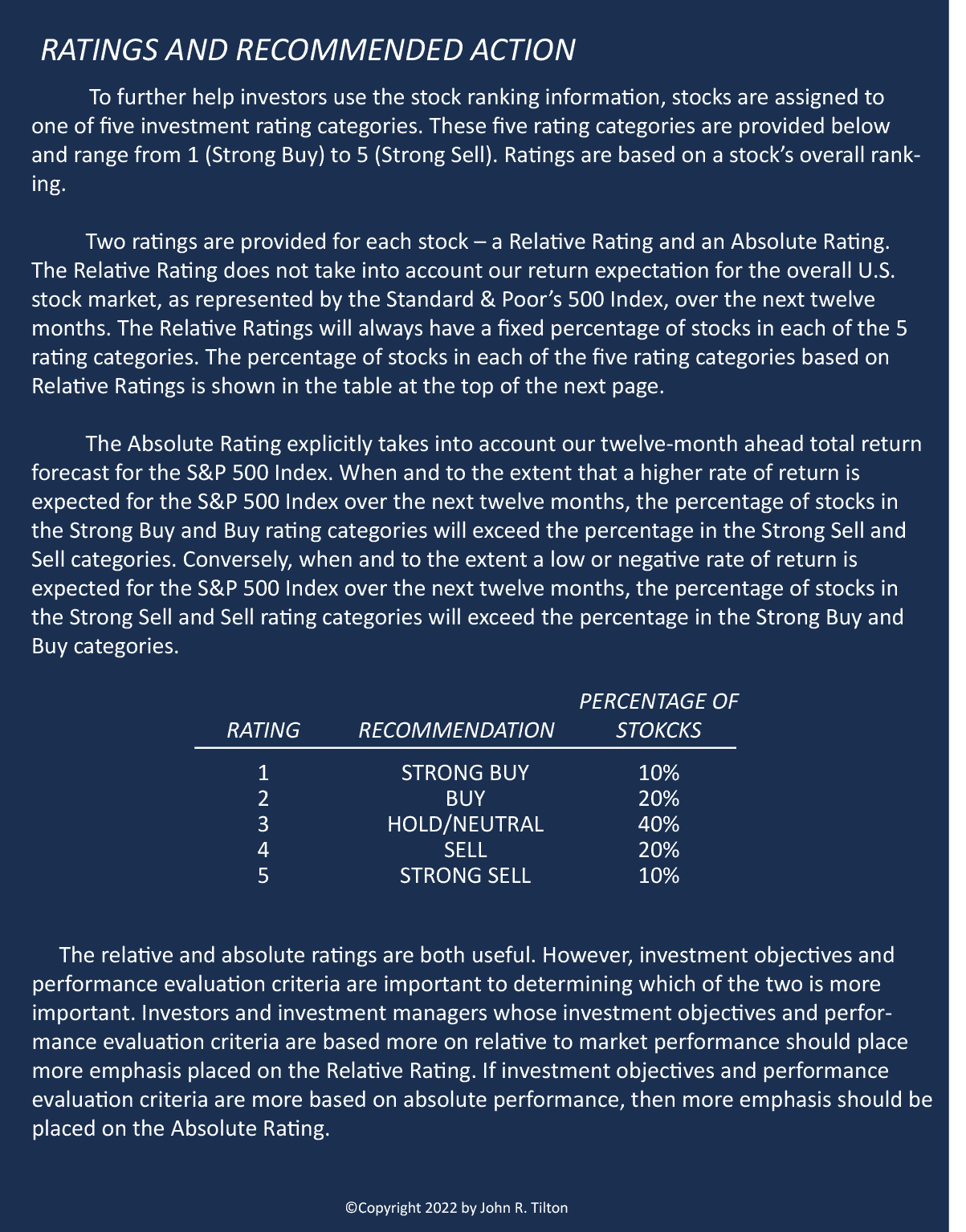
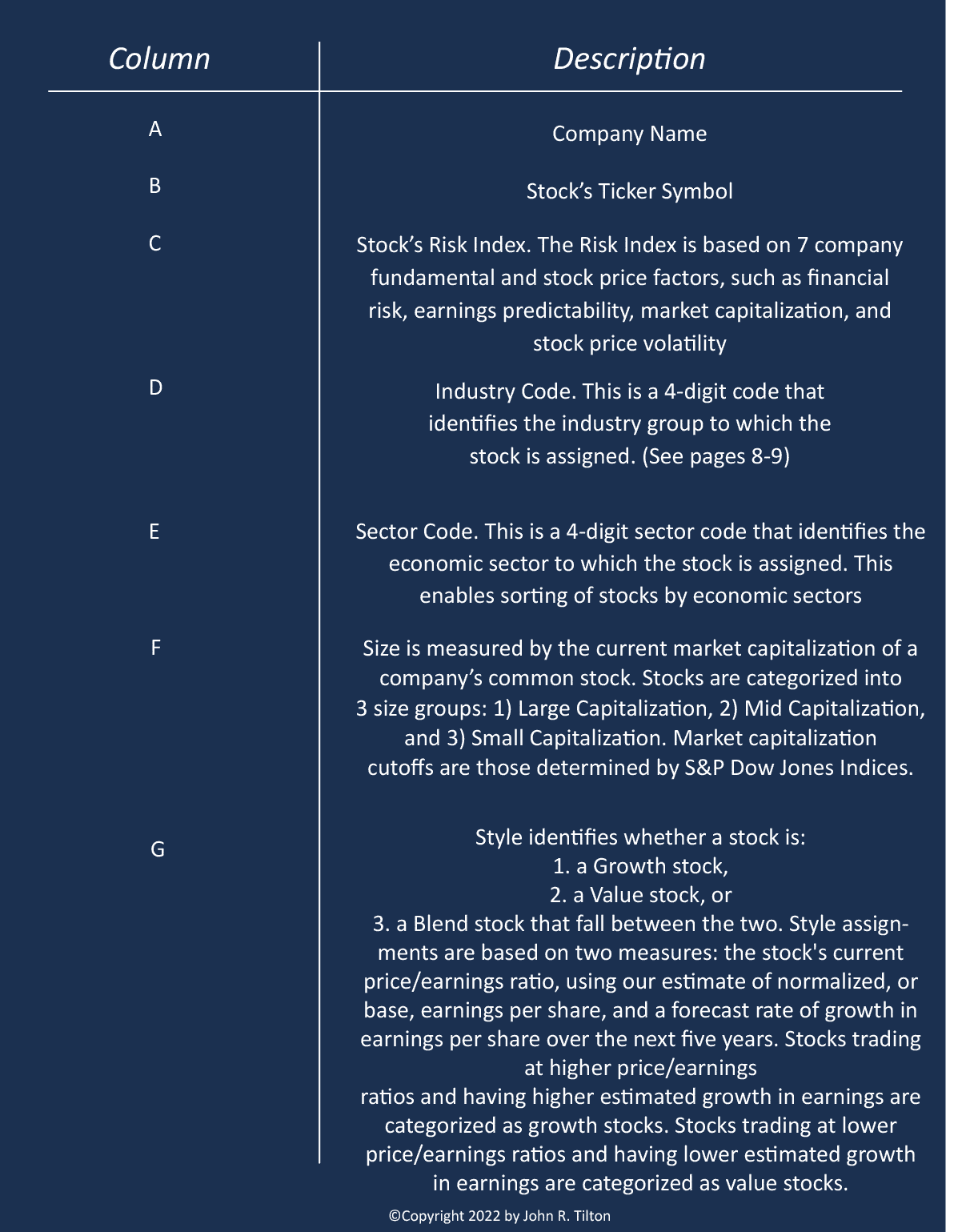
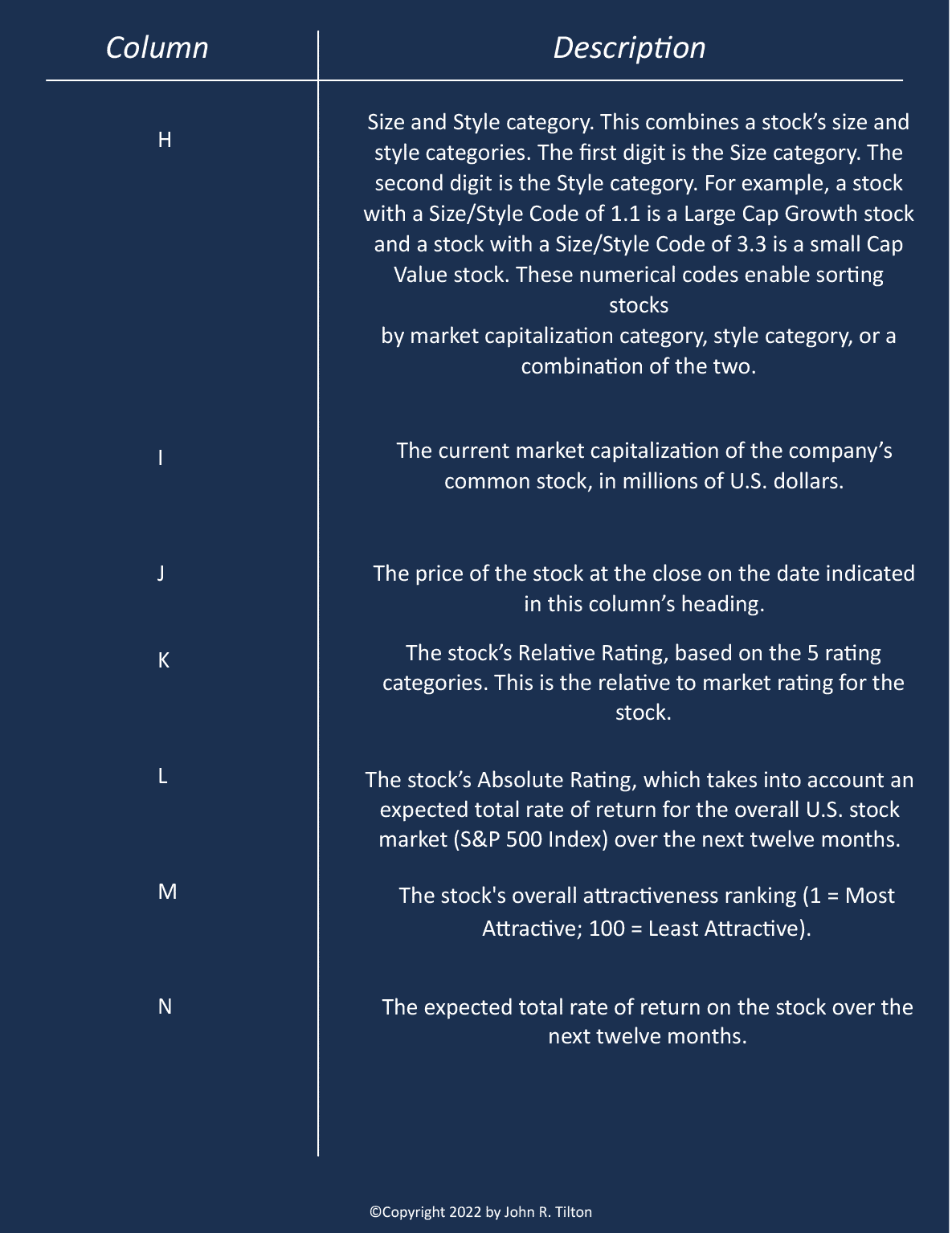
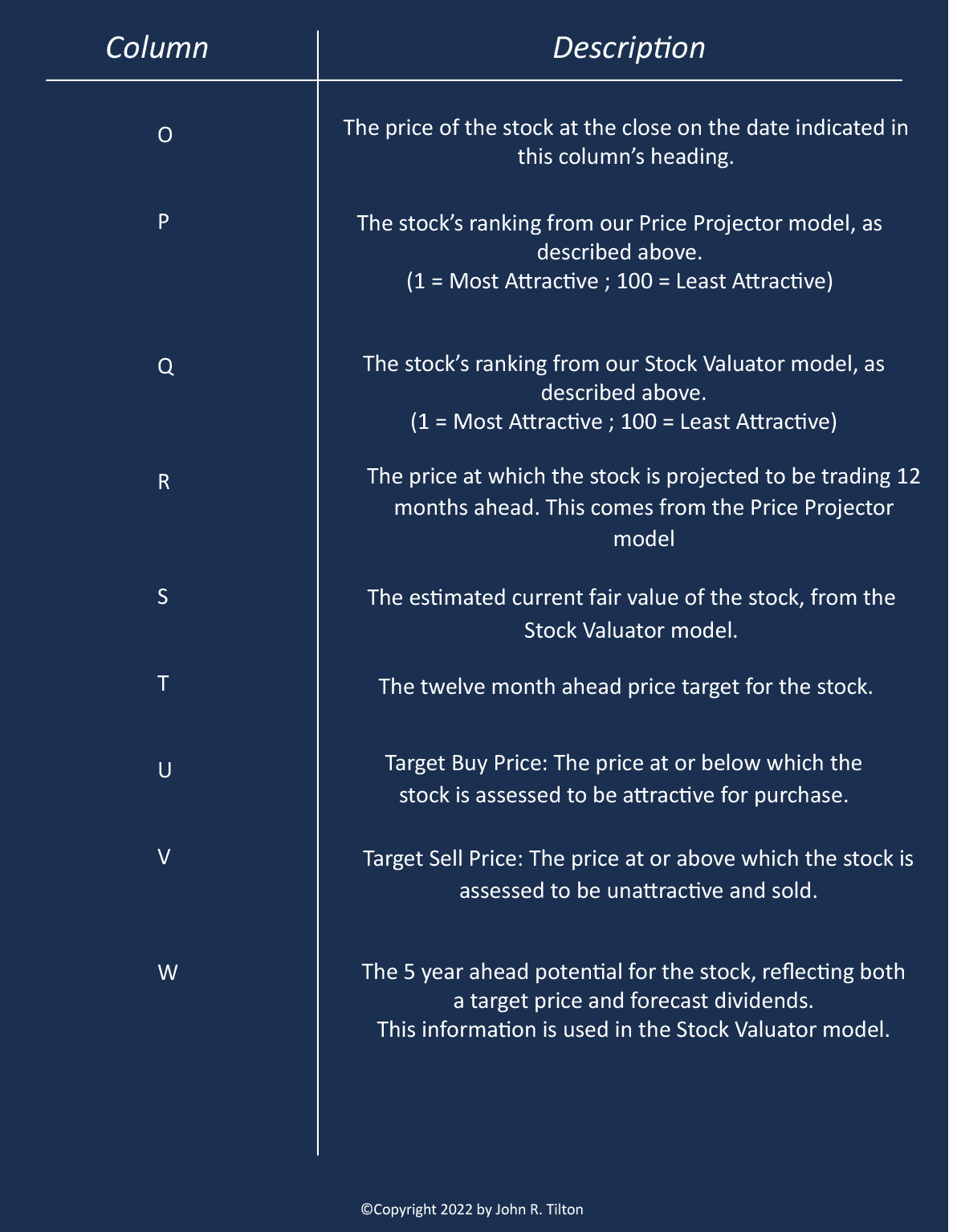
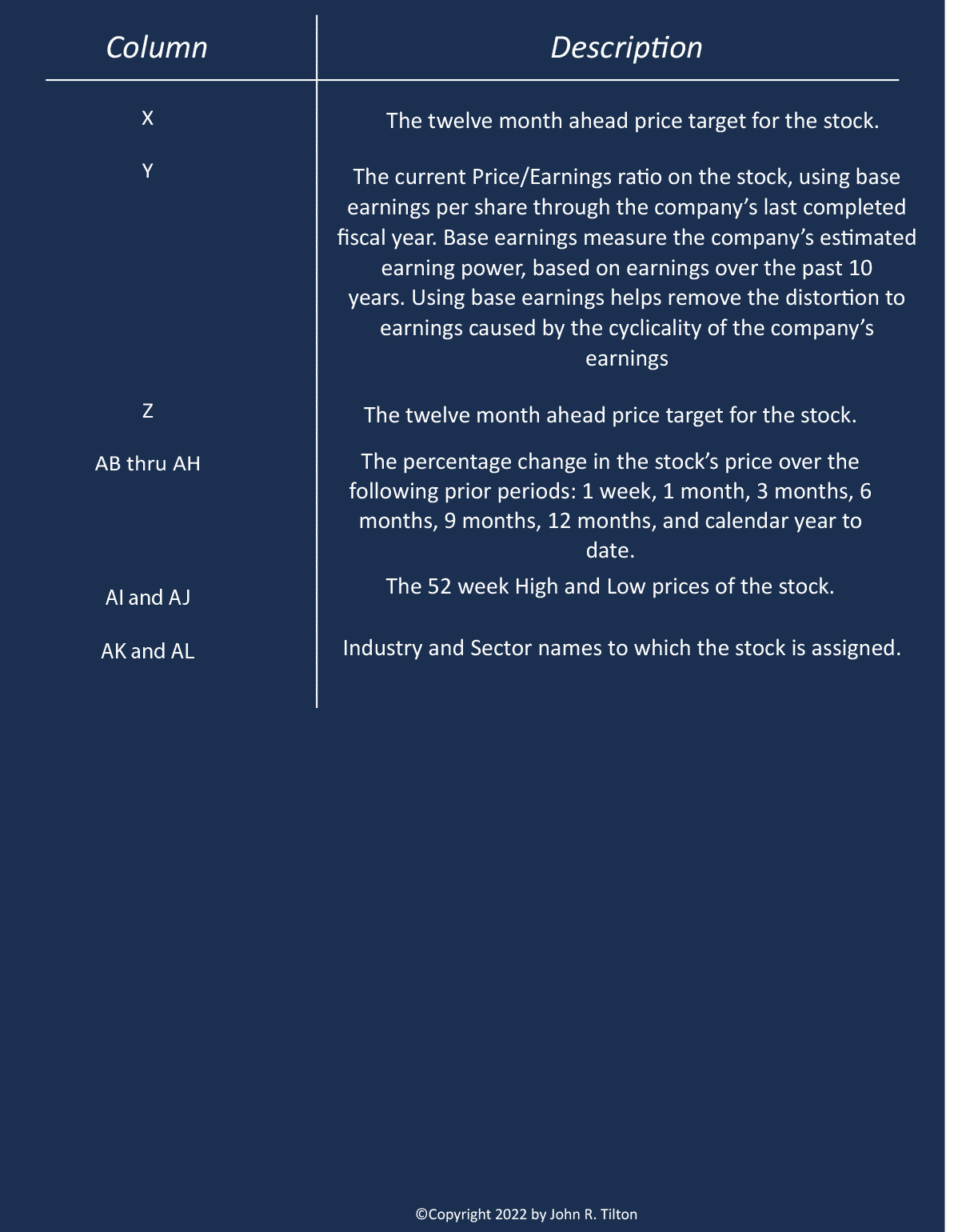
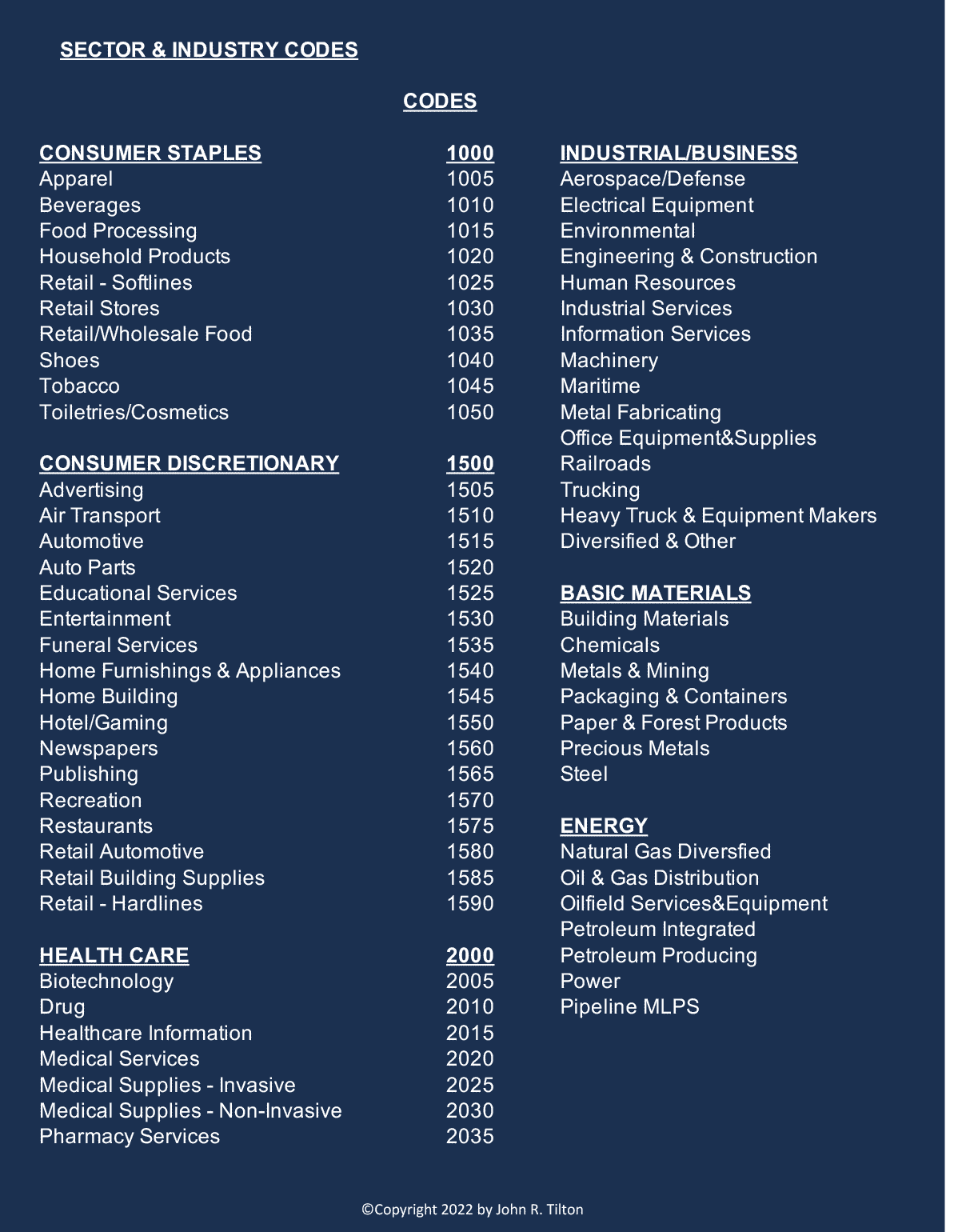
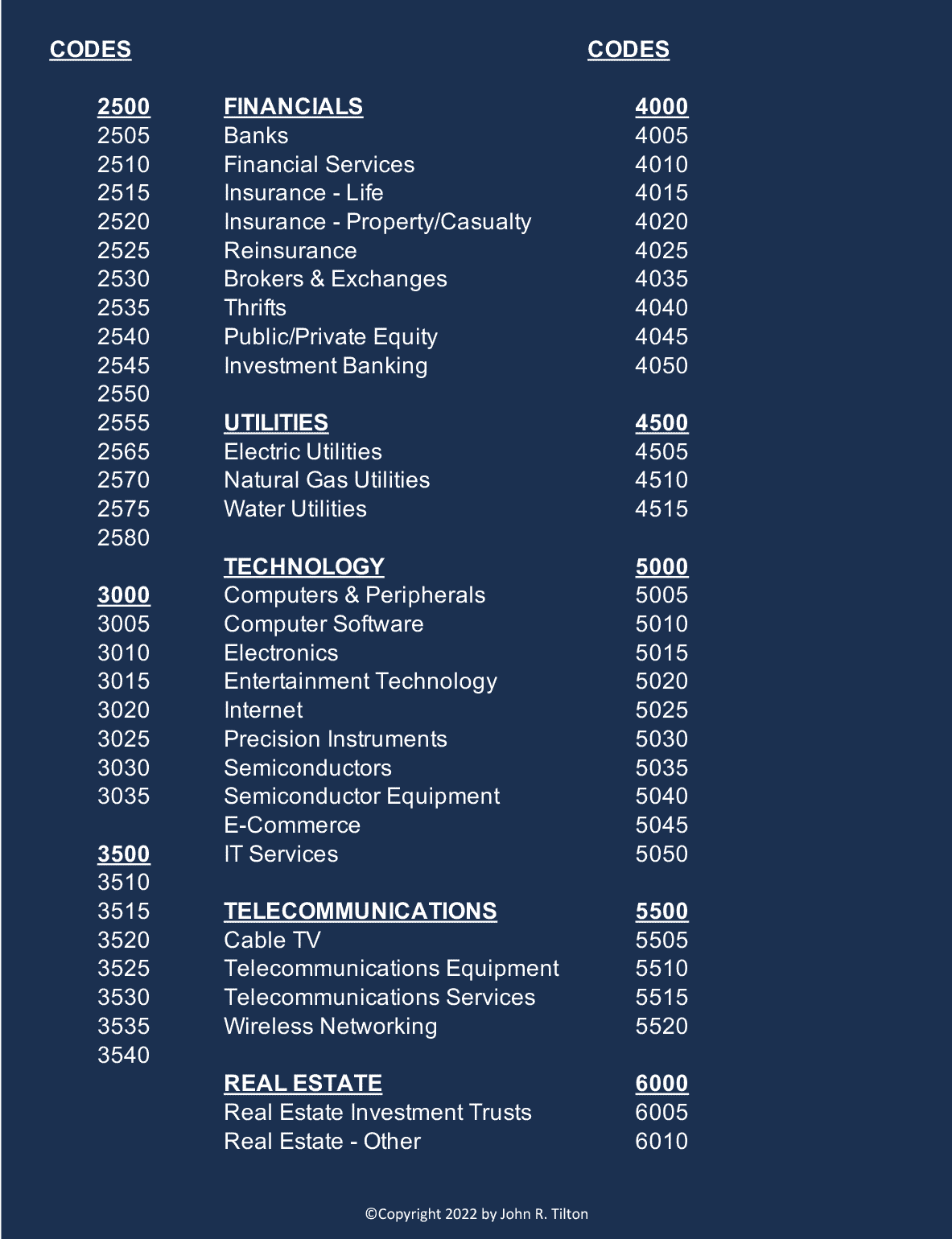
Benchmark Portfolios provide exact allocations on risk-adjusted benchmark index portfolios monthly, and immediately upon allocation changes. Information includes index expense ratios, yields, and for fixed-income indexes: duration, credit and overall risk scores.
Bond Funds Summary provides monthly fixed-income indexes and funds, their credit and duration risks, expense ratios and yields to maturity.
Complimentary Memberships will only be available for a short time so please, Register Now.